𝐆𝐢𝐯𝐞 𝐲𝐨𝐮𝐫𝐬𝐞𝐥𝐟 𝐩𝐞𝐫𝐦𝐢𝐬𝐬𝐢𝐨𝐧 𝐭𝐨 𝐛𝐞 𝐜𝐮𝐫𝐢𝐨𝐮𝐬 🧐
I was in 9th grade when it happened.
I remember the walk down the narrow halls of Community High School, as I made my way toward, “Introduction to Literature.”
“Please don’t be taken.”
“Please don’t be taken.”
“Please don’t be taken.”
I felt my stomach turn as I turned the handle to either my greatest dream or my worst nightmare.
“Please don’t be taken.”
As I opened the door, it was still there.
The spot in the far, right corner of the room.
The place where I could never be seen.
“Excuse me.”
“Excuse me.”
I placed the pile of 📚 onto the wooden desk to cover half of my upper body.
Then, I slid down the plastic chair to cover the rest.
The rest of my time was spent waiting for the big, round clock, to strike 09:40 AM.
Hoping not to be called on to read out loud.
I repeated such routine for months.
I didn’t expect this day to be any different.
Yet, it was.
The day that changed the trajectory of my life.
I remember as she made her way toward the center of the room.
“Please don’t call on me,” I whispered under my breath.
She proceeded by addressing the entire class.
I don’t remember much of what was said.
I just remember her final words.
“There’s no such thing as a stupid question.”
It took a while to process her words.
Part of me didn’t believe what I just heard.
Then, I felt it.
The sense of freedom or liberation.
I no longer had to ask questions that other people wanted to know answers to 🤯
For years, I kept my hand down.
I didn’t think others wanted to know what I wanted to know.
Her words gave me the permission to ask questions about anything.
Why❓
When❓
Where❓
How❓
What❓
Her words gave me the courage to pursue education of my own terms.
Thank you, Judith DeWoskin, for opening the door to a completely different 🌎
𝐆𝐢𝐯𝐞 𝐲𝐨𝐮𝐫𝐬𝐞𝐥𝐟 𝐩𝐞𝐫𝐦𝐢𝐬𝐬𝐢𝐨𝐧 𝐭𝐨 𝐛𝐞 𝐜𝐮𝐫𝐢𝐨𝐮𝐬 🧐
